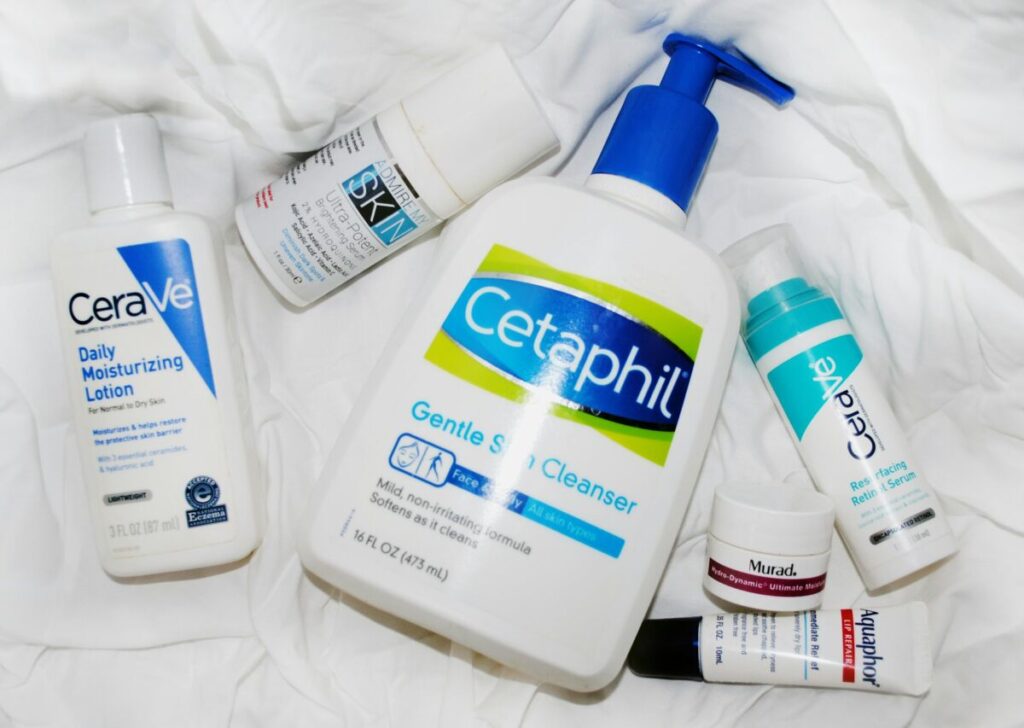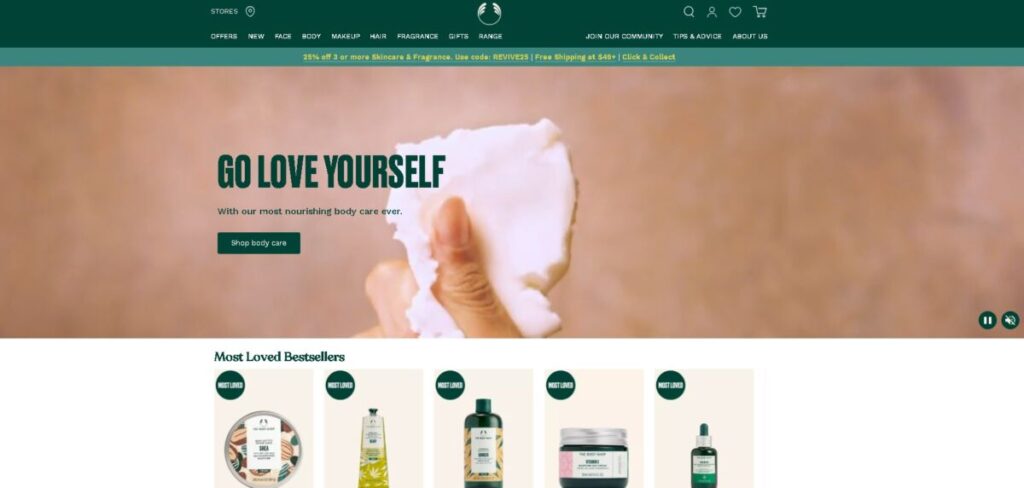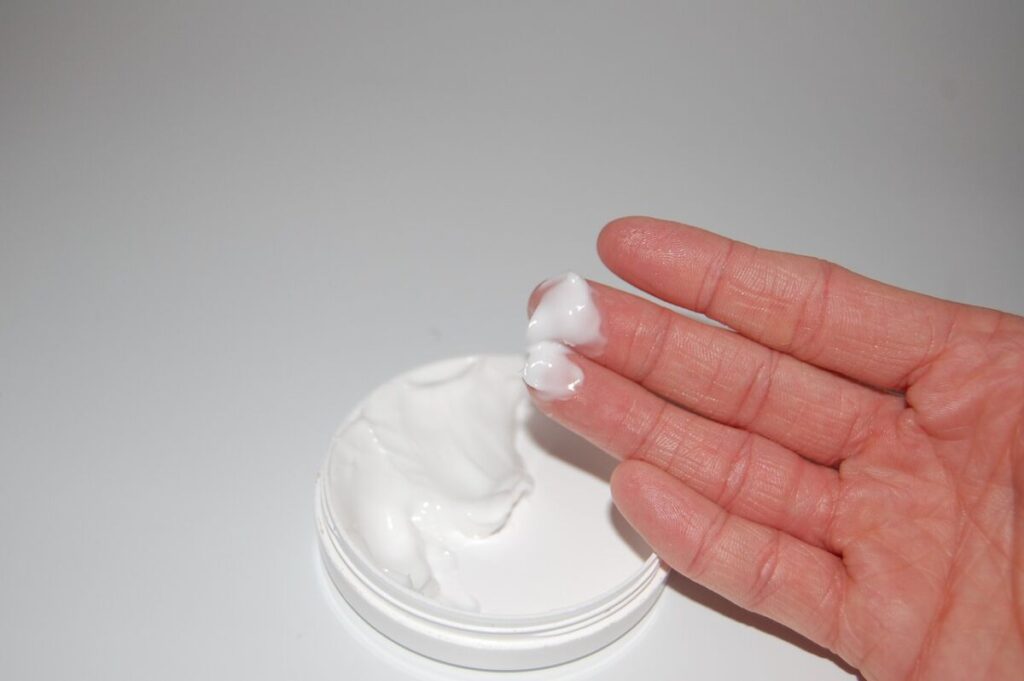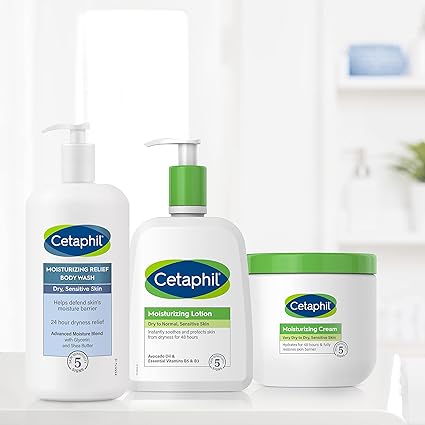Explore the facts behind your face wash with one of the world’s most trusted skincare brands. As consumers become increasingly conscious about their purchasing decisions, it’s no longer just about efficacy—it’s also about understanding the ethical implications behind every product we use. In today’s post, we delve deep into Cetaphil Skincare—a brand revered globally—to discover if its products are cruelty-free and vegan-friendly.
Ready to scrub away the ambiguity and reveal the truth about your favorite skincare products? Let’s cleanse any doubts off our minds.
Evaluating Cetaphil’s Cruelty-Free Status

According to our research, Cetaphil claims on its website that its products are not tested on animals and do not contain any animal-derived ingredients. However, it is important to note that they still sell their products in countries like China, where animal testing is required by law.
As a result, Cetaphil cannot be considered truly cruelty-free. It is recommended that individuals make their own decisions based on their personal values and ethical considerations when considering whether Cetaphil aligns with their beliefs.
When considering the cruelty-free status of a skincare brand like Cetaphil, it is essential to examine various factors. While Cetaphil has gained popularity for its gentle and effective products, it is important to evaluate its stance on animal testing. Unfortunately, Cetaphil is not considered cruelty-free. There are several reasons behind this conclusion.
Firstly, Cetaphil is not certified as cruelty-free by reputable organizations such as PETA or Leaping Bunny. This lack of certification raises concerns about their commitment to avoid animal testing. Additionally, Cetaphil is owned by Galderma, which conducts animal testing for some of its products. Supporting brands owned by companies that test on animals can be seen as indirectly supporting the practice of animal testing.
Furthermore, Cetaphil products are sold in countries such as China, which require mandatory animal testing for cosmetic products. Cetaphil has likely tested its products on animals to sell in these markets. While some brands may bypass animal tests in China, this is rare and involves strict regulations and limitations on distribution channels.
It’s important to support cruelty-free brands that have committed against animal testing and are certified by trusted organizations. We can contribute towards a more ethical beauty industry by choosing cruelty-free alternatives to Cetaphil.
Traceability and Transparency in Animal Testing
One crucial aspect to consider when evaluating a brand’s cruelty-free status is its traceability and transparency regarding animal testing practices. Unfortunately, Cetaphil fails to provide clear information in this regard.
Transparency plays a significant role in determining whether a brand engages in animal testing or supports alternative methods. However, Cetaphil has limited information regarding how it ensures the absence of animal testing throughout its supply chain. This lack of transparency raises concerns about the brand’s commitment to cruelty-free practices.
In contrast, brands that prioritize transparency often provide detailed information about animal testing policies on their websites or product packaging. These brands may also ensure that neither they nor their suppliers test on animals at any production stage.
When it comes to supporting cruelty-free brands, it is vital to choose those claiming to be cruelty-free and demonstrate high transparency and traceability in their processes. Such brands are more likely to have robust systems to ensure their products are cruelty-free.
Cetaphil: Vegan or Not?

When it comes to skincare products, finding ones that align with your values and beliefs can be a challenge. Cetaphil, a well-known skincare brand founded in 1947, is often praised for its non-harsh and gentle formulas for sensitive and acne-prone skin. But is Cetaphil truly vegan? The answer to this question may be nuanced.
Cetaphil claims that its products do not contain animal-derived ingredients and are not tested on animals. This would imply that their formulations align with vegan principles. However, there is some confusion surrounding Cetaphil’s cruelty-free status due to the difference in statements on their website regarding animal testing. While they assert that they do not test on animals, Cetaphil does sell products in countries like China, where animal testing is required for cosmetic products.
So, what does this mean for those seeking truly vegan skincare options? While Cetaphil can be considered vegan as its formulas do not contain animal products, some individuals may argue that the brand itself isn’t vegan due to its lack of cruelty-free status. Ultimately, deciding whether Cetaphil is considered cruelty-free and vegan is up to the individual consumer.
See Related: Is Jergens Cruelty-Free? Everything You Need to Know
Dissecting Ingredient Lists for Animal-Derived Substances

To determine if a skincare product is truly vegan-friendly, it’s crucial to examine the ingredient list carefully. Ingredients derived from animals may go by different names or have variations that could make them easily overlooked without close inspection.
When dissecting ingredient lists for animal-derived substances in skincare products like those from Cetaphil, keep an eye out for common animal-derived substances such as:
- Carmine: A red pigment derived from crushed female cochineal beetles often used in cosmetics.
- Beeswax: A natural wax bees produce, commonly found in lip balms and moisturizers.
- Lanolin: An oily substance derived from sheep’s wool, typically used for its moisturizing properties.
- Collagen: A protein derived from animal connective tissue, often used in anti-aging skincare products.
By familiarizing yourself with these and other animal-derived ingredients, you can make more informed decisions about the skincare products you choose to use.
Consider dissecting ingredient lists like being a detective, carefully examining each clue to find the truth. As a detective searches for evidence, you are on a mission to uncover any animal-derived ingredients hidden within the product formulations.
- According to Cetaphil’s information available publicly, none of their products contain animal-derived ingredients.
- However, Cetaphil sells its products in countries such as China, where animal testing is mandatory by law.
- Hence, despite their claims, Cetaphil cannot be classified as a truly cruelty-free brand, considering they operate in markets requiring animal product testing.
See Related: Is NARS Cruelty-Free? Here’s What You Need To Know
Market Alternatives to Cetaphil

If you’re considering switching from Cetaphil skincare products due to concerns about its cruelty-free and vegan status, there are plenty of market alternatives available that align with your values. Many brands have embraced cruelty-free practices and offer vegan-friendly options, ensuring ethical integrity and quality skincare.
One popular option in the cruelty-free and vegan skincare market is The Body Shop. Known for their commitment to sustainable and ethically sourced ingredients, The Body Shop offers a wide range of products that cater to various skin concerns. Their products are cruelty-free and clearly labeled vegan, making it easier for conscious consumers to make informed choices.
Another brand worth exploring is Pacifica Beauty. Pacifica Beauty creates innovative skincare products that are 100% vegan and cruelty-free. They use natural ingredients and avoid harmful chemicals, making their offerings suitable for sensitive skin.
Additionally, it’s important to note that some smaller indie brands have emerged in recent years, focusing specifically on cruelty-free and vegan formulations. These brands often prioritize sustainability, transparency, and ingredient integrity. Exploring these niche options can provide unique skincare experiences while staying true to your values. Now that we’ve discussed some market alternatives to Cetaphil let’s explore the top-recommended vegan and cruelty-free brands in more detail.
See Related: Is Aveeno Cruelty-Free? The Truth About Their Animal Testing Policy
Top Recommended Vegan and Cruelty-Free Brands
When seeking out alternative skincare brands that prioritize vegan and cruelty-free practices, it can be overwhelming to navigate through countless options. To help narrow down your choices, here are some top recommended brands known for their commitment to ethical practices:
● Derma E: Derma E offers a wide range of skincare products formulated with natural ingredients. Their products are 100% vegan, cruelty-free, and sustainably packaged.
● Youth To The People: This brand focuses on clean and effective skincare that is plant-based, cruelty-free, and packaged sustainably. They are known for their superfood-infused formulas.
● Herbivore Botanicals: Herbivore Botanicals create luxurious skincare products with natural ingredients. Their offerings are vegan, cruelty-free, and designed to enhance skin health.
● Biossance: Biossance is a brand committed to sustainable beauty. They offer clean, vegan, cruelty-free skincare products and formulated with environmentally friendly ingredients.
These brands represent just a fraction of the options available within the vegan and cruelty-free skincare market. Exploring their offerings can help you discover high-quality alternatives to Cetaphil that align with your values.
See Related: Important Pros and Cons of Veganism
The Reality of Cosmetic Industry: Cruelty and Veganism

The cosmetic industry has long been associated with animal cruelty and the use of animal-derived ingredients. Many beauty products have historically relied on testing their formulations on animals to ensure safety for human use. This practice, however, has faced significant backlash due to ethical concerns surrounding animal rights and welfare. As a result, a growing movement has advocated for cruelty-free cosmetics.
Consider the case of Cetaphil, a popular skincare brand known for its gentle and non-harsh formulations. According to the information provided on Cetaphil’s website, their products do not consist of any animal-derived ingredients, making them suitable for those who follow a vegan lifestyle in terms of ingredients.
However, it’s important to note that Cetaphil still sells its products in countries like China, where animal testing is legally required for cosmetic products. This raises questions about the brand’s overall cruelty-free status since it indirectly supports animal testing through its sales in such regions.
Understanding the reality of the cosmetic industry involves recognizing that while a product may not contain any animal-derived ingredients, it doesn’t necessarily mean it is entirely cruelty-free. Companies often have to make decisions based on compliance with different laws and regulations globally. Think of it as navigating through a web of complexities, where individual brands must balance their values and commitments with legal requirements imposed by various countries.
This dichotomy can be challenging for consumers passionate about supporting brands that align with their ethics. Some individuals may choose to prioritize products that are both cruelty-free and vegan-friendly, demanding transparency from companies regarding their sourcing methods and commitment to animal welfare.
On the other hand, there might be individuals who are more focused on specific aspects, such as ingredient sourcing or avoiding certain chemicals in their skincare routine, while being indifferent (or less concerned) about the issue of animal testing.
Ultimately, supporting a brand like Cetaphil depends on an individual’s values and priorities. There is no one-size-fits-all answer, as everyone has different beliefs and concerns about the cosmetic industry. Now that we have established the reality of the cosmetic industry regarding cruelty and veganism, let’s explore in more detail whether Cetaphil can be considered truly cruelty-free and vegan-friendly by examining its product formulations and practices.
Related Resources:
- Best Luxury Vegan Wallets & Handbags
- Best Vegan Boots: Top Picks for Eco-Friendly Footwear
- Important Pros and Cons of Veganism




